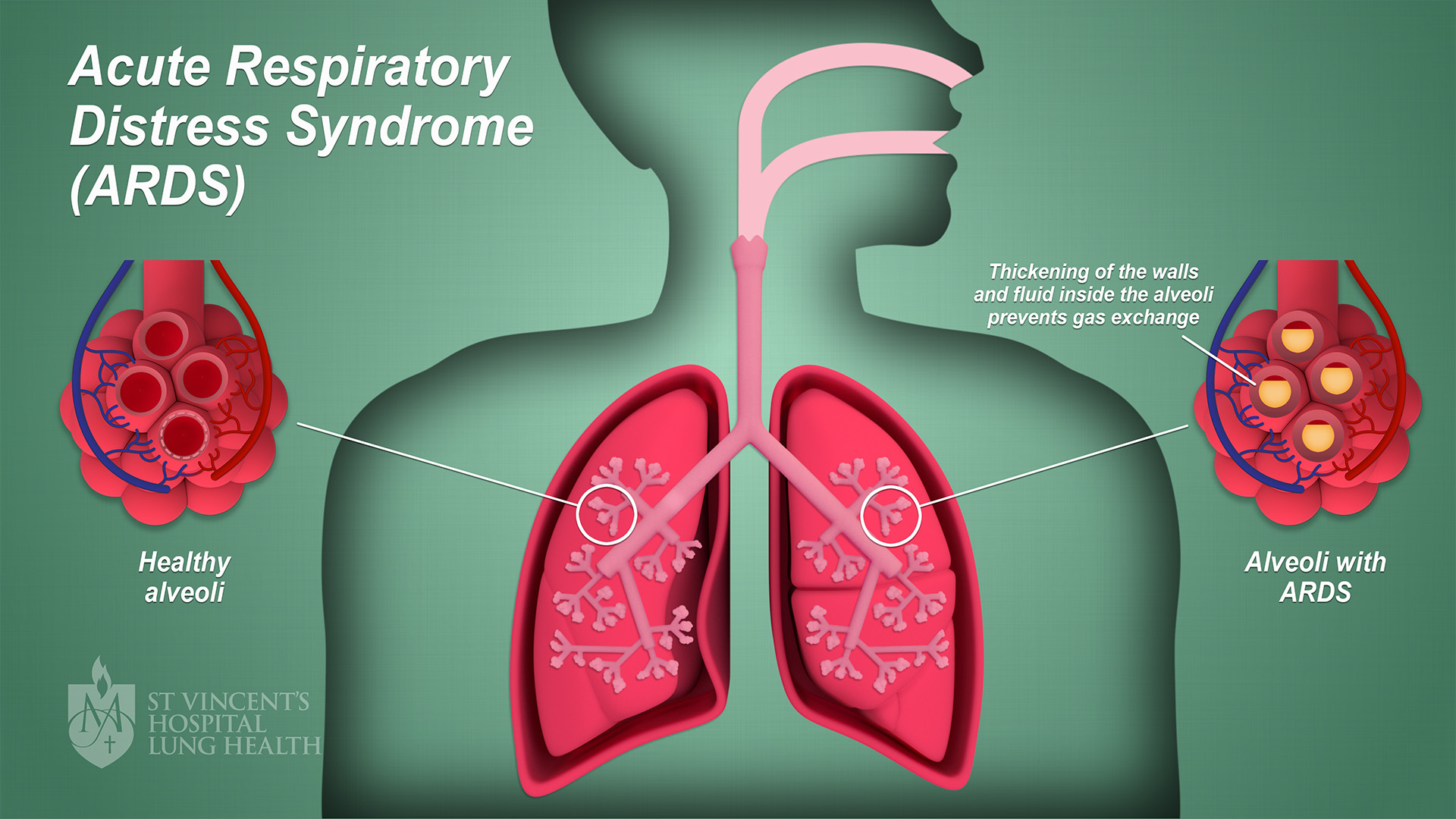Public Health Concern: How Pandemic Covid-19 Effect Our Body
This ongoing corona virus spread is a public health emergency and global threat. Since March 2019, many countries around the world,including Malaysia have ordered citizens to stay at home as an emergency measure and implemented school closures to prevent further spread of the infection. Under such situations, physical and mental health problems are significant concerns. If we look closely, lifestyle behaviors such as physical activity and sedentary behaviors may have been drastically impacted due to the prolonged school closures and home confinement during the Covid-19 pandemic.
Now let's look what happen directly or the after effect when someone was effected and suffered from this new type of virus. We can see that one of the symptoms of corona virus is having difficulties to breath, so YES!!!!This virus can gives severe damages to our lungs. Lung pathologist, Sanjay Mukhopadhyay, MD, lays out in detail how the lungs are affected in these severe cases. He explains that Chinese researchers have linked COVID-19 to ARDS, acute respiratory distress syndrome. In a healthy lung, oxygen within these air sacs (alveolus) travels through to small blood vessels (capillaries). These tiny vessels, in turn, deliver the oxygen to your red blood cells.

These cause damage to the lungs, which leads to fluid leaking from small blood vessels in the lungs. The fluid collects in the lungs’ air sacs, or alveoli. This makes it difficult for the lungs to transfer oxygen from the air to the blood. The coronavirus damages both the wall and lining cells of the alveolus as well as the capillaries. The debris that accumulates because of all of that damage lines the wall of the alveolus the same way paint would cover a wall, Dr. Mukhopadhyay points out. The damage to capillaries also causes them to leak plasma proteins that add to the wall’s thickness.
Patients with COVID-19 have shown fluid or debris-filled sacs in the lungs, which may get progressively worse as the illness develops. The study also discovered the blood vessels taking blood from the heart to the lungs to become oxygenated became enlarged. It took just four days for the patients to suffer respiratory failure, and two days later both people were reliant on a ventilator to breathe.
Now we look at the patient's immune system. With any infection, the body’s immune system responds by attacking the foreign virus or bacteria. While this immune response can rid the body of the infection, it can also sometimes cause collateral damage in the body. This can come in the form of an intense inflammatory response, sometimes called a “cytokine storm.” The immune cells produce cytokines to fight infection, but if too many are released, it can cause problems in the body.

Let's watch this video: https://www.youtube.com/watch?v=rpmUG6pb0zs
A lot of damage from this virus is due to what we called, sepsis syndrome which is due to complex immune reactions. The infection itself can generate an intense inflammatory response in the body that can affect the function of multiple organ systems. Other organs that might be affected is liver, kidneys, heart and blood vessels, stomach and intestines.
Is there any other health issues during this pandemic?
Well, yes. Prolonged confinement linked to both negative physical and mental health outcomes such as loss of muscular and cardio respiratory fitness, weight gain, psycho social problems, and even poor academic achievements. Furthermore, evidence suggests that the negative impact may extend to adulthood. Added to the fear of contracting the virus in a pandemic such as COVID-19 are the significant changes to our daily lives as our movements are restricted in support of efforts to contain and slow down the spread of the virus. Faced with new realities of working from home, temporary unemployment, home-schooling of children, and lack of physical contact with other family members, friends and colleagues, it is important that we look after our mental, as well as our physical health. Stress during an infectious disease outbreak can sometimes cause the following:
- Fear and worry about your own health and the health of your loved ones, your financial situation or job, or loss of support services you rely on.
- Changes in sleep or eating patterns.
- Difficulty sleeping or concentrating.
- Worsening of chronic and mental health conditions.
- Increased use of tobacco, and/or alcohol and other substances
There are such cases around the world due to mental health problems arise from this pandemic:
We can also see many heartbroken and sorrowful cases of death causes by the drivers under the influence of alcohol in Malaysia lately.


Figure below explains the big picture and wider scope on the effects of social distancing measures on health:
Now we can see how this outbreak effect not only to the one who were infected, but also to healthy people who just stay at home during this confinement or so-called Movement Control Order (MCO). So we, as the citizens have to be intuitive to take care of our health, physically and mentally during this pandemic by doing beneficial activities or find new hobbies with family so that we can prevent ourselves from any chronic diseases and always lead a healthy lifestyles.





Comments
Post a Comment